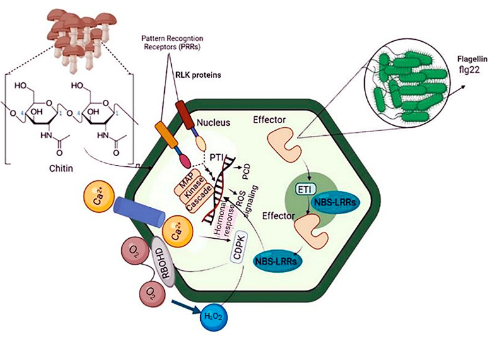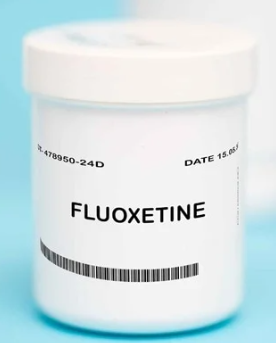Scientists Explore Zwitterions to Prevent Blood Clots in Medical Implants
While “Zwitterions” might sound like a distant cousin of Twitter (X), they are actually essential macromolecules found in human cells. Now, researchers at the University of Sydney are harnessing their unique properties to develop advanced materials that could prevent blood clot formation in medical devices and implants.
With over 500,000 Australians diagnosed with heart valve disease in 2021, medical implants like artificial heart valves and stents are critical for saving lives. However, a major challenge with these devices is that proteins in the blood tend to adhere to their surfaces, gradually accumulating and increasing the risk of blood clots. In severe cases, this buildup necessitates invasive surgery to replace or remove the implant.
Enhancing Implant Longevity with Zwitterion Coatings
Dr. Sina Naficy, Project Director at the University of Sydney’s School of Chemical and Biomolecular Engineering, leads a research team focused on making heart valves more resistant to clotting.
“The average lifespan of existing heart valve implants is less than ten years, with risks of degradation and complications over time. By incorporating Zwitterion-coated materials, we aim to reduce clotting risks and extend the lifespan of heart valves and other medical implants,” explains Dr. Naficy.
Heart valves are under immense stress, continuously opening and closing half a billion times over a decade. The ability to withstand such pressure while remaining clot-resistant is a key factor in improving implant durability.
What Makes Zwitterions Special?
Zwitterions are unique molecules that carry both positive and negative charges simultaneously, making them electrically neutral. Their name derives from the German word “Zwitter,” meaning hybrid. These molecules naturally exist in cell membranes, helping maintain a protective layer of water that prevents proteins from sticking to surfaces.
Inspired by this natural function, Dr. Naficy’s team is developing a Zwitterion-based surface coating that mimics the cell membrane. When applied, this ultra-thin coating—just a few nanometers thick—forms a protective water layer that prevents unwanted protein adhesion, reducing the risk of clot formation.
Solving the “Goldilocks Problem” in Biomedical Coatings
One of the biggest challenges in this research is determining the optimal amount of Zwitterions to use—too much could lead to unintended clotting, while too little might not be effective.
Dr. Sepehr Talebian, a researcher on the team, highlights the complexities involved:
“We need to find the perfect balance—how thick should the coating be? What concentration is ideal? Simply dipping an artificial heart valve into a Zwitterionic solution isn’t enough. Precise formulations are crucial to ensure the best results.”
Additionally, researchers are exploring how to best “anchor” Zwitterions onto different implant materials, whether metal, plastic, or biological tissue. Even factors like salt concentration in the surrounding environment play a role—too much salt causes Zwitterionic molecules to clump together rather than forming a uniform protective layer.
A Step Towards Safer, Longer-Lasting Medical Implants
The team recently published a review in Cell Biomaterials, outlining the vast potential of Zwitterions in biomedical applications. Their work serves as a blueprint for the future of implant surface coatings, aiming to enhance both safety and longevity.
“The remarkable properties of Zwitterions could revolutionize how we design medical implants,” says Dr. Talebian. “We are working to unlock their full potential, ensuring that patients benefit from safer, longer-lasting medical devices in the future.”
As scientists continue to refine their understanding, Zwitterions may soon play a vital role in advancing medical implant technology—offering new hope for patients requiring life-saving devices.







